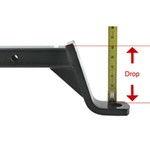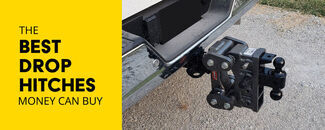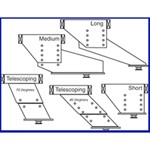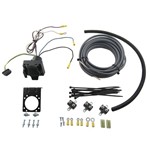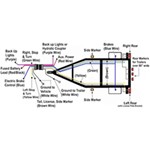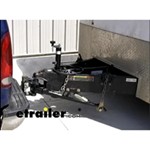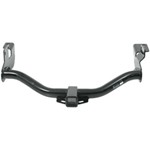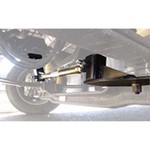The Basics of Cargo Nets and Tarps


Cargo Nets


Connect and disconnect quickly and easily Sized for specific applications so you can easily choose the right size Secure multiple or oddly shaped items
Limited to cargo carriers, truck beds, and trailers of specific sizes Designed for light-duty use only Can allow secured items to shift


Tarps


Keep wind and rain off of cargo Contain loose material Provide versatility - can be used for transportation, storage, construction, and recreation applications
Can flap in windy conditions Can't tie down heavy loads - can function only as a cover Can heat up when exposed to sunlight




Last updated: 1/16/2025
Departments
Towing
- Trailer Hitch
- Fifth Wheel
- Gooseneck
- Towing a Vehicle
- Front Hitch
- RV Hitch
- ATV Hitch
- HD Truck Hitch
- Vehicle Wiring
- Brake Controller
- Ball Mounts
- Weight Distribution
Sports and Recreation
Trailer Parts
- Utility Trailer
- Boat Trailer
- Landscape Trailer
- Enclosed Trailer
- 5th/Camper Trailer
- Car Hauler
- Horse Trailer
Vehicle
Contact & Help

What our customers are saying:
"I like the easy of navigation through the site. It only took me a couple of minutes to place my order. Thank You I will shop this sight again in the future."
Kevin
Manchester, MD


















